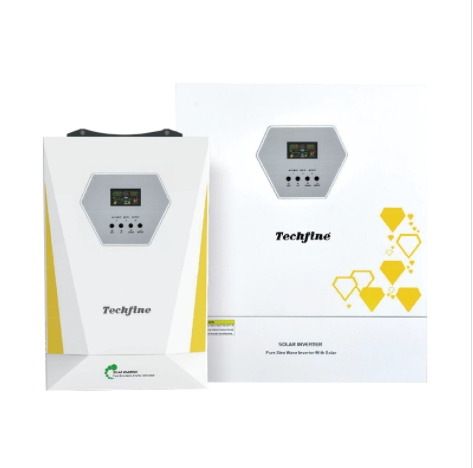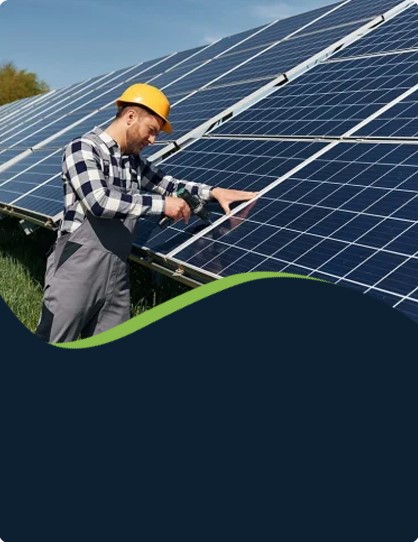
-
[email protected]

-
Building 1, No. 21 Shengfa Road, Lucheng District, Wenzhou, Zhejiang, China


As the world increasingly embraces renewable energy sources, the role of on-grid inverters has become more prominent. These devices are essential for integrating solar power systems with the electrical grid, enabling homes and businesses to harness clean energy while maintaining a reliable connection to traditional power supplies. On-grid inverters are at the forefront of modernizing energy infrastructure and promoting sustainable practices.
On-grid inverters are designed to convert the direct current (DC) generated by solar panels into alternating current (AC), which is compatible with the electrical grid. This conversion process is crucial for ensuring that solar energy can be efficiently utilized and fed back into the grid when excess power is produced. By doing so, on-grid inverters facilitate a seamless integration of solar power with existing energy systems, enhancing overall energy efficiency and reducing reliance on fossil fuels.
One of the primary benefits of on-grid inverters is their ability to provide a stable and reliable power supply. These devices are equipped with advanced monitoring and control systems that ensure ideal performance and safety. They can automatically adjust to changes in grid conditions, ensuring a continuous and stable flow of electricity. This reliability is essential for maintaining the functionality of electrical systems and small disruptions.
The efficiency of on-grid inverters is another significant advantage. Modern inverters are designed to use energy conversion rates, ensuring that a high percentage of the DC power generated by solar panels is converted into usable AC power. This efficiency not only enhances the overall performance of solar power systems but also contributes to cost savings by reducing energy losses.
The market for on-grid inverters is expanding rapidly as more people recognize the benefits of integrating solar power with the electrical grid. Homeowners and businesses are increasingly investing in on-grid inverters to take advantage of solar energy while maintaining a reliable connection to the grid. This trend is driving the development of more advanced and efficient inverter technologies, offering improved performance and reliability.
Innovations in on-grid inverter technology are pilot to further improvements in performance and usability. Advanced features such as smart grid integration and remote monitoring capabilities allow users to optimize their energy usage and manage their solar power systems more effectively. These innovations are making on-grid inverters even more attractive for a wide range of applications.
Moreover, the environmental impact of on-grid inverters is being addressed through efforts to develop more sustainable production methods. The focus on using eco-friendly materials and reducing waste is a crucial step towards creating a more sustainable energy industry. This is particularly important for consumers and industries that are increasingly conscious of the environmental impact of their energy choices.
On-grid inverters are emerging as a crucial component in the integration of solar power with the electrical grid. Their unique blend of reliability, efficiency, and advanced features makes them an ideal choice for both residential and commercial applications. As the industry continues to innovate and improve this technology, on-grid inverters are poised to become an even more integral part of the solar energy solution, ensuring better efficiency and a more sustainable future.
Your email address will not be published. Required field are marked*
